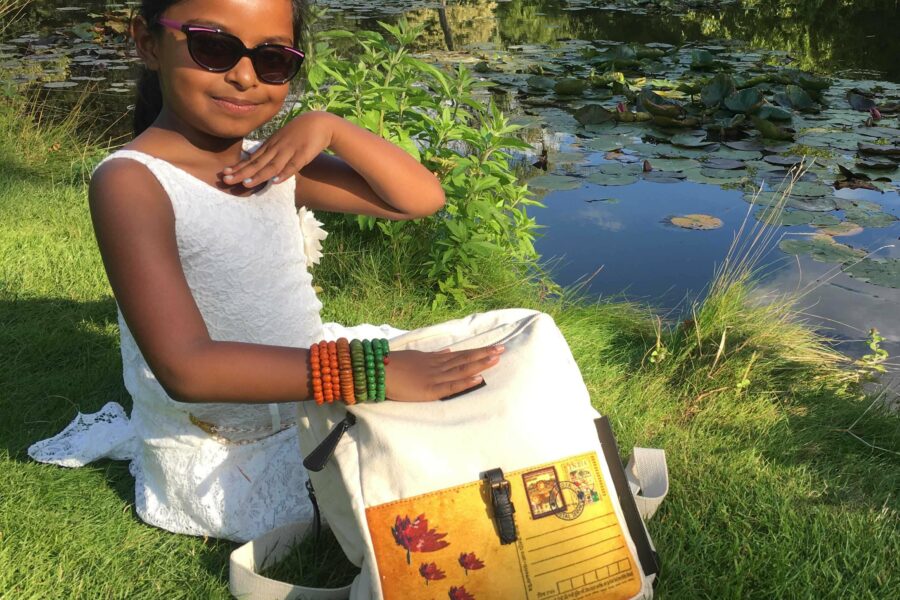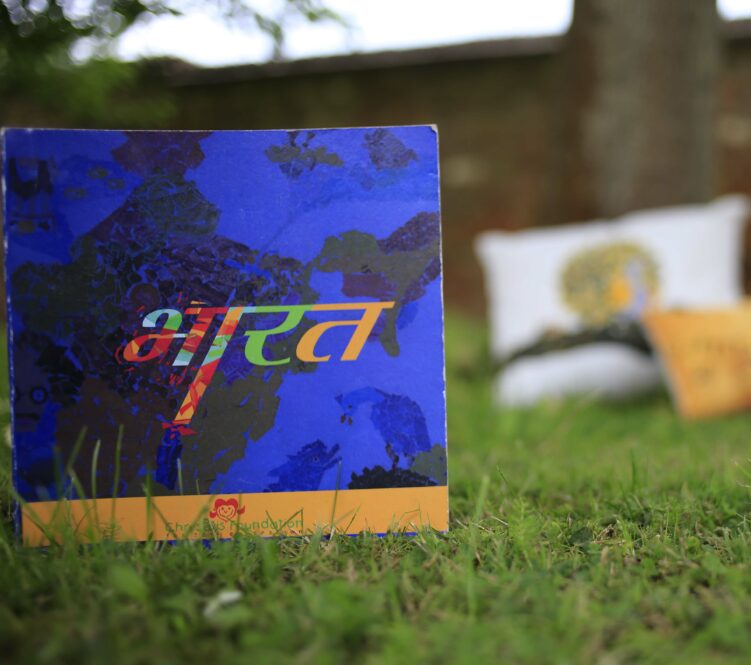
Goal number 4, Quality Education. Ensuring inclusive, equitable quality education & promoting lifelong learning opportunities for all.
262 million children and youth aged 6 to 17 were still out of school in 2017.
Rapid technological changes present opportunities and challenges, but the learning environment, the capacities of teachers and the quality of education have not kept pace.
In 72 countries with recent data, approximately 7 in 10 children aged 3 and 4 were developmentally on track in at least three of the following domains: literacy-numeracy, physical development, social-emotional development and learning.
• In 2015, an estimated 617 million children and adolescents of primary and lower secondary school age worldwide – more than 50 per cent – were not achieving minimum proficiency levels in reading and mathematics. Of these, about two thirds were attending school but were not learning in the classroom, or dropped out school.
• Some 750 million adults – two thirds of them women – remained illiterate in 2016. Half of the global illiterate population lives in South Asia, and a quarter live in sub-Saharan Africa.
• Many developing countries still lack basic infrastructure and facilities to provide effective learning environments. Sub-Saharan Africa faces the biggest challenges: at the primary and lower secondary levels, less than half of schools have access to electricity, the Internet, computers and basic drinking water.
• ODA for scholarships amounted to $1.3 billion in 2017. Australia, France, Japan, the United Kingdom of Great Britain and Northern Ireland and institutions of the European Union accounted for nearly two thirds of this total.
• Globally, there has been little progress in the percentage of primary school teachers who are trained: it has been stagnating at about 85 per cent since 2015. The proportion is lowest in sub-Saharan Africa (64 per cent).
Source: Report of the Secretary-General, Special edition: progress towards the sustainable Development Goals
Current focus country:
India is home to 2.5 million orphans and 1.3 million children have been orphaned due to AIDS/HIV. More orphans suffer a host of physical, sociological and psychological problemsincluding lack of nutrition, education, and abuse.
Only 5% of total orphans in the country have a chance at normal education.
Action: Aarunya
A dawn awaits,
A myriad dreams take shape in two eager eyes!
First rays of the sun,
Sets your mind free, and imagination takes flight!
Vari (#invoguevari London) in its debut collaboration with budding social enterprise Chrysalis Foundation, ventures out to a territory largely unexplored before. With our team of expert story tellers and artists, we engaged with the talented kids from “Asha Kiran”, an orphanage in Bhubaneswar, India, wherein we talked of globallyrelevant topics like global warming, nature preservation to history of the glorious country that is India.
These workshops were fun, interactive and story/roleplay based, aimed at learning beyond the classroom and imparting a social awareness that our next generation needs at this hour.
At the end of these workshops, the children were given a free rein with colour and their imagination and what we came up with is these beautiful thoughts expressed vividly on canvas. Vari then took these pictures and patterns to bring to you the most uniquely designed accessories where you see a world through children’s eyes.
With our impeccable design sensibilities, this is a range that has its heart in the right place.





